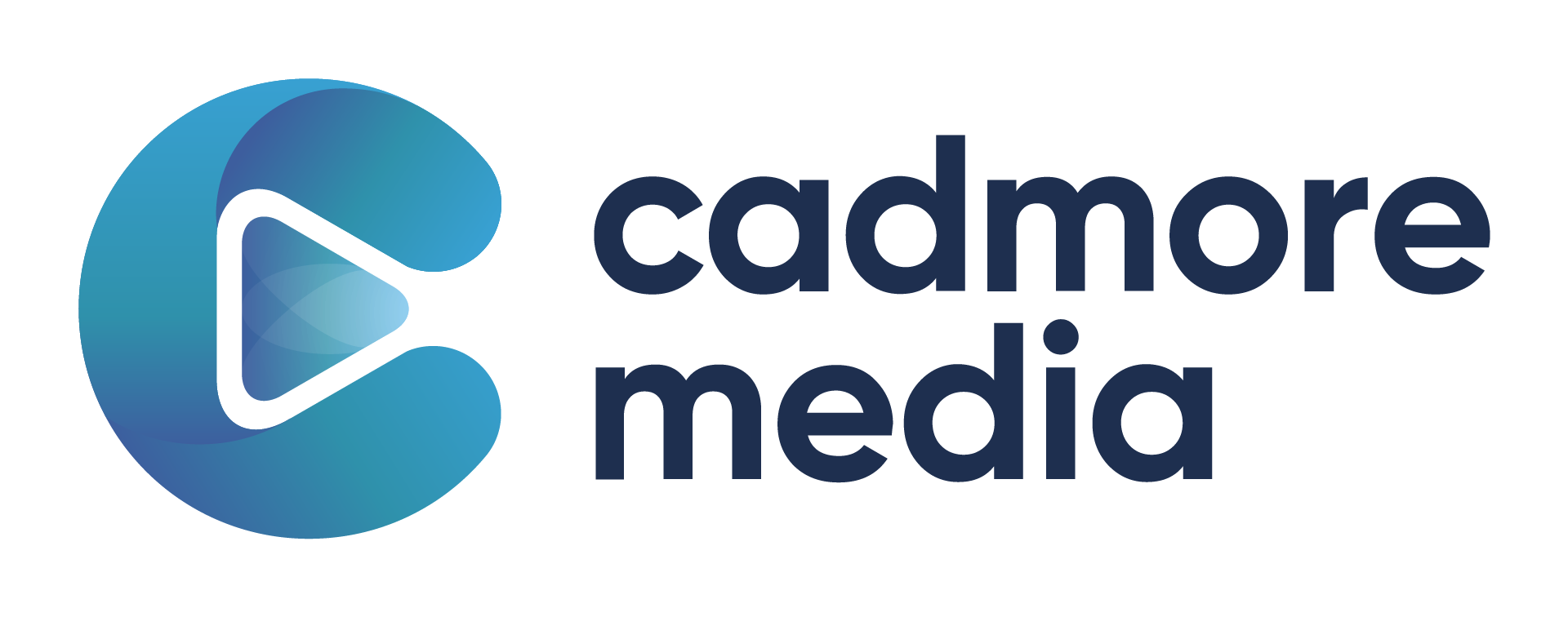Cadmore media player playing audio Is Remnant Cholesterol an Overlooked Treatment Opportunity?
Audio Player
Accessibility
Using forms mode, you can utilize keyboard shortcuts to make usability more efficient.
Space bar will play and pause the audio. Pressing escape will close all displays and pressing it again will jump to the end of the player.
You can press A to open the Keyboard Shortcut Dialog which also provides an audio description of the player and all of its features.
Transcript
Segments
Segment:0 .
>> Practice Impact Extra podcasts are derived from Hurst's The Heart Board Review and other online resources available only through accesscardiology.com. >> I think we need to look at, "Are we missing something that can further reduce the incidence of having a patient develop more, a second, third myocardial infarction or stroke?" And the answer is, "I think there are opportunities." Hi. Dr. Bernie, and welcome again to Practice Impact Extra.
I've been concerned for some time about the treatment of patients with ischemic heart disease with both statins and/or PCKS9 meds. And with these meds, we've clearly seen we're able to reduce LDL levels to new recommended levels, yet there still remains this increased cardiovascular residual risk and recurrent cardiovascular disease. So, my concern is, "Are we really missing a treatment opportunity here?" So, I did see a study in about 2015.
It was a Danish study that showed that remnant cholesterol was as critical as LDL cholesterol in relationship to myocardial infarction and ischemic stroke. By remnant cholesterol, I'm referring to the cholesterol content of triglyceride-rich lipoprotein, which is composed mainly of very-low-density lipoprotein, the VLDL. The higher the concentration of triglyceride, the greater is the concentration of remnant cholesterol.
So, what is the issue with remnant cholesterol? Well, in this 2016 study of 5400 -- 5400 Danish patients with established ischemic heart disease either at the time of catheterization or via stress testing, they were followed for 7 years, and they were testing the research as a hypothesis that an increased remnant cholesterol is a risk factor for overall all-cause mortality in these patients with ischemic heart disease.
So, with 7 years, what results did they see? They found that increased concentrations of remnant cholesterol was associated with an 8% to 18% increase in all-cause mortality in those patients with ischemic heart disease, 8% to 18% increase in all-cause mortality. So, a secondary study that was published in atherosclerosis, again in August of 2019, reported on 9200 -- 9200 Danish people.
Here, researchers were looking at using NMR, nuclear magnetic resonance. They measured total cholesterol, triglycerides, as well as 14 subclasses. The blood results using NMR noted that 1/3 of the total cholesterol was present as remnant LDL and VLDL. That demonstrated to me that remnant cholesterol is a major fraction of plasma cholesterol in the patients and individuals in the general population.
So, what's my take on these two studies if you took them together? Well, I think that there's -- these studies suggest that there is an importance to focus not only on reducing LDL, but the need to assess and reduce triglycerides and remnant cholesterol if we're going to be able to reduce the risk of ischemic heart disease. So, thank you again for joining me, and see you next time on Practice Impact Extra.
>> We hope you enjoyed this podcast from McGraw-Hill. Subscribers to AccessCardiology have instant access to over 25,000 pages of rich medical content, receive medical updates from trusted experts, and have access to other special features. To subscribe or learn more, please visit accesscardiology.com.
-
You Size - Responsive
-
We Size - Responsive
-
Picture Overlay Popup
-
400 x 225
-
512 x 288
-
400 x 700
-
768 x 1024
-
1024 x 512
-
1280 x 608
Accessibility
Using forms mode, you can utilize keyboard shortcuts to make usability more efficient.
Space bar will play and pause the media.
You can press A to open the Accessibility Dialog.
This describes many other keyboard shortcuts for media controls.
The video is currently set-up to show just a clip from 0:00 to video end. You have requested to see a portion of the media outside of the clip.
Click OK to switch to the full media or click if you would like to stay inside the clip. You can always go back to the clip with Tools and Clip Mode
